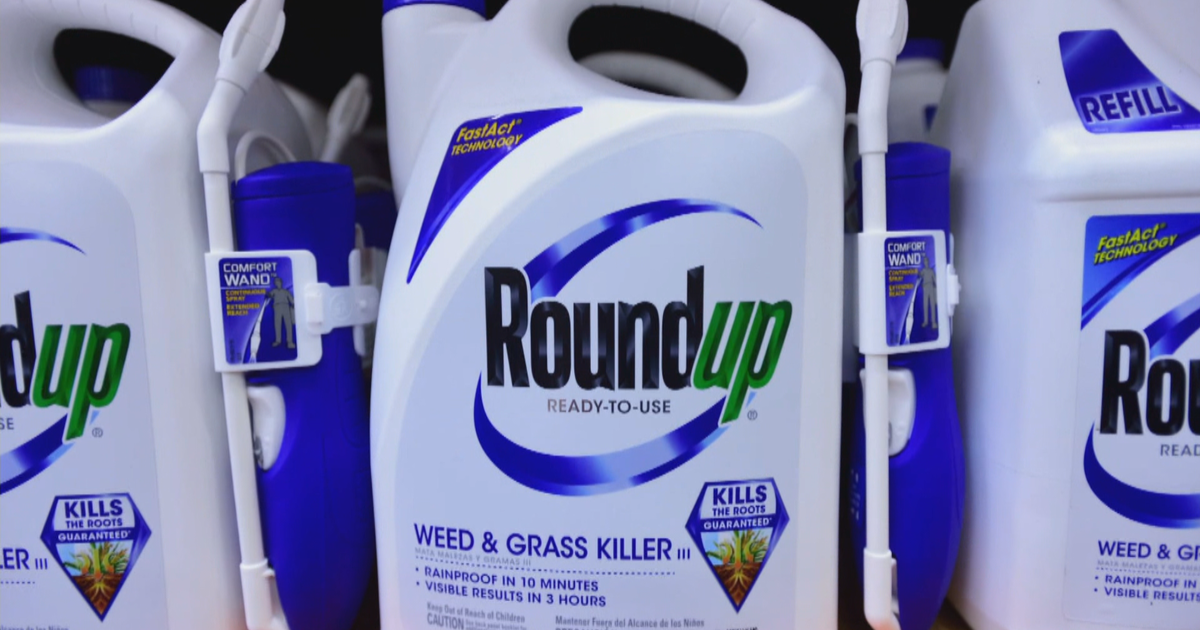In the aftermath of the largest oil spill ever to take place in the United States, a minimum of 250 class action lawsuits have been filed to target BP, and millions of litigants could be involved in legal battles that will last for many years. This is the reason that a federal panel met in July to determine who will oversee these complex environmental cases and the venues where they will be debated and settled.
Legal experts agree that there is a lot at stake in these proceedings, and that they have never seen so much litigation result from an incident of this kind. The numerous actions taken by private parties and government, the wide range of claims, along with their cost, and the insurance implications related to them have never been duplicated in the United States.
Challenges Faced by BP
After the explosion of BP’s Deepwater Horizon, an army of trial lawyers marched on the Gulf of Mexico to help victims of the disaster. Most of the claims came from commercial fishermen, charter-boat operators, property owners, and restaurants—all with deep financial losses. When the fisheries shut down and the tourists stopped coming, property values plummeted, small business profits halted and restaurants were unable to provide the foods for which they are famous.
BP and Possible Bankruptcy
Media reports seem to indicate that BP might choose an alternative to defending the hundreds, if not thousands of lawsuits already filed and potentially on the way. The company may instead file for bankruptcy, reflecting the company’s concern that Congress and the Obama administration will take harsh, unilateral action against it. However, up to this point, fears of a BP bankruptcy appear to be unfounded.
The New York Times did report that experts in the oil industry doubt the company will survive the mountain of lawsuits. BP’s major rivals, Shell and Exxon, hope to acquire BP if it cannot survive. Industry thinkers envision a scenario in which BP will file a prepackaged bankruptcy and the claims for damages will become a distinct corporate entity totaling between $15 billion and $40 billion. Not only would this solve the problem of mounting claims, it may be a way to cap the value should the federal government fail to do so.
On Wall Street, insiders describe a difference scenario. They see a Texas-type buyout, similar to the one that allowed Pennzoil to acquire Texaco in a dispute related to the sale of Getty Oil. But BP’s financial situation is quite different from Texaco, Pennzoil or Getty Oil. This giant’s fate will not be decided so quickly or as dramatically.
The full effect of the April oil spill on BP will remain in question until the company has complete control of both the oil spill and its consequences. But unless liability becomes clearly established against BP for gross negligence, rumors of the company’s insolvency are mere speculation.
If you or your business suffered serious financial loss due to the oil spill, contact our office for a free consultation and evaluation of your case.
Other Environmental & Toxic Torts News
Toxic torts arise when individuals are harmed by exposure to dangerous chemicals or substances—whether at work, at home, or through environmental pollution. Victims may be entitled to compensation for their suffering.
Childers, Schlueter & Smith partnered with Living Safer Magazine to publish a special issue focused on Camp Lejeune water contamination lawsuits. This edition outlines who qualifies to file a claim, what illnesses are linked to exposure, and how recent legislation—like the PACT Act—made these cases possible.
Researchers examining data from individuals with the highest exposure to glyphosate—the active ingredient in Roundup—found a “compelling link” between that exposure and an increased risk of developing non-Hodgkin lymphoma.
A California jury awarded a couple $2 billion in punitive damages—along with $55 million for pain, suffering, and medical costs—after finding that their prolonged exposure to the weed killer Roundup caused them to develop non-Hodgkin lymphoma.
Exposure to Roundup, the widely used herbicide manufactured by Monsanto, has been linked to hundreds of lawsuits alleging it causes non-Hodgkin lymphoma.
Syngenta faces the first of thousands of lawsuits, with Kansas farmers alleging the company’s premature release of GMO corn caused billions in losses.







